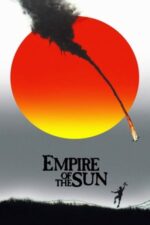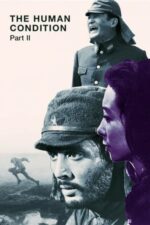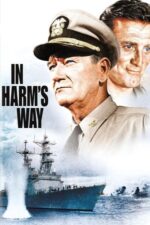Beyond Battleships: Exploring the Pacific War on Film
The Pacific War – a brutal, sprawling conflict that reshaped global power dynamics – is fertile ground for storytelling. It's more than just battles and strategy; it’s about cultural clashes, personal sacrifices, and the agonizing weight of duty. And cinema has wrestled with this complex history in fascinating ways, offering perspectives often overlooked by traditional narratives.
What strikes me most when revisiting films centered on this period isn't just the spectacle (though The Battle of Midway, with its meticulous recreation of historical footage, is undeniably impressive), but the attempts to humanize both sides. Take, for example, “Isoroku Yamamoto,” a film that dares to delve into the mind of the architect of Pearl Harbor. It’s easy to paint him as a villain, but the movie portrays a man deeply conflicted – a brilliant strategist who foresaw the devastating consequences of war and felt bound by duty to carry out orders he fundamentally disagreed with. That internal struggle, that sense of tragic inevitability, is what makes it compelling.
Then you have films like “Kokoda,” which shift the focus away from grand naval engagements and onto the grueling realities faced by soldiers on land – Australian and Japanese alike – battling not just each other but also a merciless environment. It’s a reminder that war isn't always about heroic charges; sometimes it’s about sheer endurance, and finding moments of shared humanity amidst unimaginable suffering. I remember reading an interview with a veteran who served in New Guinea - he emphasized the surprising respect developed between soldiers on opposing sides, born out of mutual exhaustion and recognition of their shared plight. “Kokoda” seems to try and capture that nuance.
Even films like "Yamato," while perhaps less accessible to Western audiences (though I’ve heard incredible things!), tap into a similar vein – exploring the lives and sacrifices of Japanese sailors with a depth rarely seen in Allied-centric war narratives. It's reminiscent, as some have noted, of “Titanic” in its focus on personal stories against a backdrop of immense tragedy.
And let's not forget films like "The Human Condition II: Road to Eternity," which uses the framework of wartime Japan to examine themes of injustice and resistance within a rigid societal structure. Kaji’s journey is less about winning battles and more about maintaining his humanity in the face of systemic cruelty – a powerful commentary on the dehumanizing effects of war, regardless of allegiance.
The Pacific War remains a vital subject for cinematic exploration because it forces us to confront uncomfortable truths about ourselves, our history, and the enduring cost of conflict. It's not just about remembering what happened; it’s about understanding why, and acknowledging the shared humanity that binds us all, even in the midst of war.
What films about this era have resonated with you? I'd love to hear your thoughts!







































